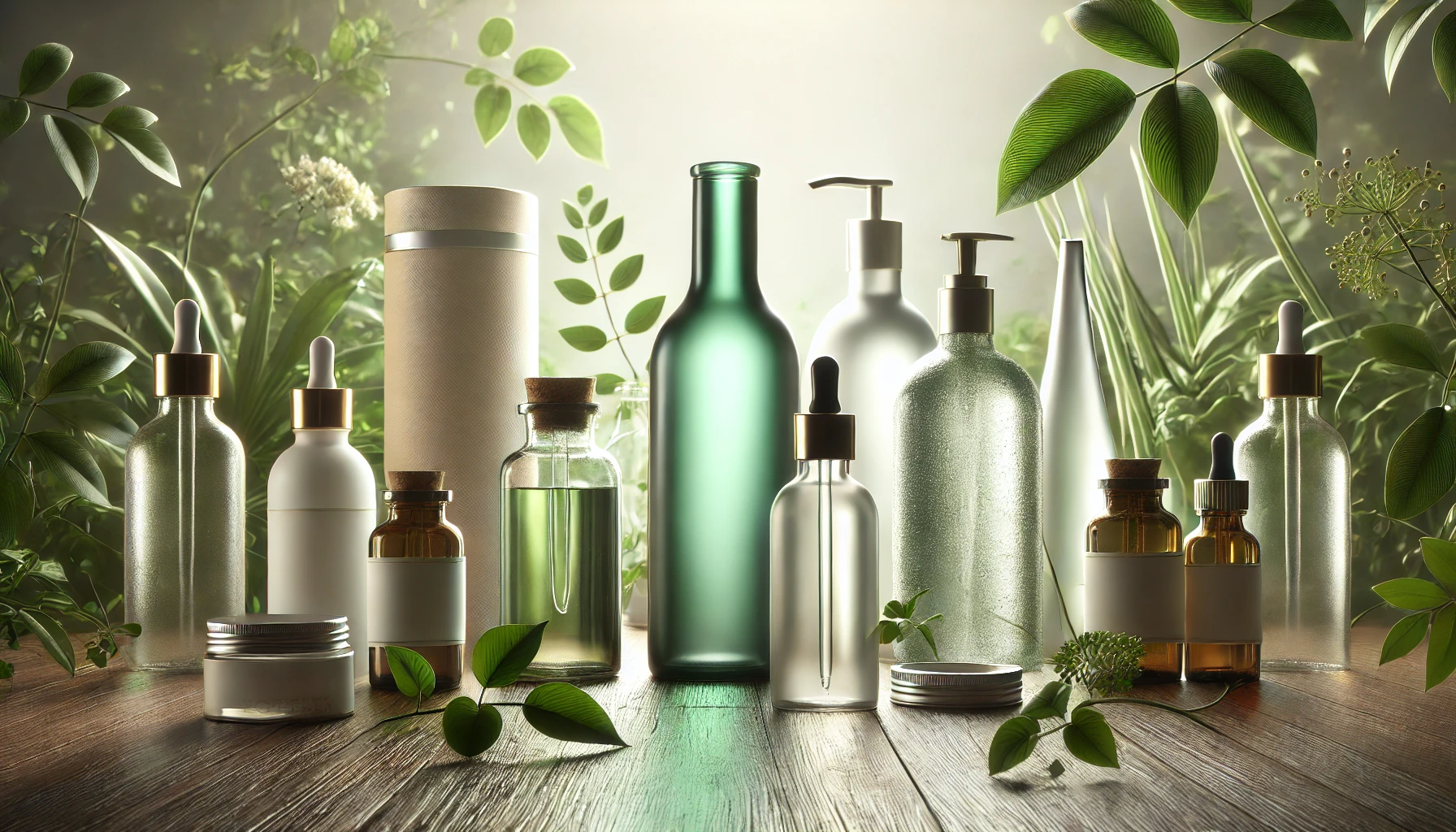When it comes to choosing packaging materials, the importance of sustainability cannot be overstated. As consumers and businesses alike are becoming more environmentally conscious, the demand for packaging solutions that are not just functional but also eco-friendly is progressively growing. Among the myriad of options available, glass bottles have stood the test of time, proving to be a choice grounded not only in elegance but also in environmental consideration.
The Perennial Allure of Glass
Glass has been a staple material in packaging for centuries, revered for its clarity, purity, and aesthetic appeal. Even in today’s modern marketplace, where alternative materials abound, glass bottles maintain a reputation for class and quality. The preservation of product integrity, combined with the material’s recyclable nature, positions glass as a front-runner in the realm of sustainable packaging solutions.
Understanding the Sustainability of Glass
The sustainability of glass bottles primarily stems from the material’s recyclability. Unlike many synthetics, glass can be recycled indefinitely without loss of quality or purity. This aspect of glass packaging not only conserves natural resources but also reduces the demand for raw materials, subsequently lowering the carbon footprint associated with production.
Benefits to Businesses and Consumers
When businesses opt for glass bottles, they are not just making a statement about their commitment to the environment; they are also offering consumers a product that aligns with their values. Customers are becoming more discerning, often willing to pay a premium for goods that are responsibly packaged. Glass bottles, therefore, cater to this growing market segment, providing a competitive edge for businesses that choose them.
Design Versatility and Brand Perception
Glass packaging is not only environmentally friendly but also versatile in design. The ability to mould glass into an array of shapes and sizes allows for distinct, brand-specific packaging that captures attention on the shelves. This versatility in design does not compromise the recyclability of the product, ensuring that businesses do not need to choose between aesthetic and environmental considerations.
Barrier to Contamination
One of the practical advantages of glass bottles is their impermeability. They do not interact with the contents they hold, making them an excellent choice for preserving the taste and quality of food and beverages. This non-reactive nature is critical, especially for products that rely on purity for their appeal. Moreover, glass does not degrade over time, ensuring the long-term safety of the contents.
Enhancing Product Longevity
Another aspect where glass bottles excel as a sustainable choice is in the durability they offer. Glass packaging provides products with a prolonged shelf life, decreasing the need for preservatives and reducing wastage. This durability also means that consumers can repurpose glass bottles for various uses around the home, further extending their lifecycle and reinforcing the eco-friendly narrative.
Economic Considerations
While the initial cost of glass packaging might be higher than some less sustainable alternatives, the long-term economic benefits should not be overlooked. The durability of glass reduces the need for frequent replacements and the associated costs. Coupled with consumer willingness to pay more for sustainable options, the economic equation often tilts in favour of glass packaging.
The Energy Aspect
It’s important to consider the energy required in the production and recycling of glass bottles. Although the manufacturing process is energy-intensive, the technologies being developed and implemented in the glass industry are increasingly focused on reducing energy consumption and improving the efficiency of glass recycling facilities.
The Transition to Sustainable Packaging
The shift towards sustainable packaging is not merely a trend but an essential progression in response to global environmental challenges. Glass bottles provide one of the clearest paths to a more sustainable packaging strategy due to their recyclability, longevity, and minimal impact on product quality.
Closing the Loop with Glass Packaging
One of the key factors in maximising the sustainability of glass is encouraging and enabling the recycling loop. This involves ensuring that consumers have access to recycling facilities and are informed about the recyclability of glass. By closing the loop, the environmental impact of glass bottles can be minimised, and the material’s full sustainability potential can be harnessed.
Looking Ahead
The future of packaging is inevitably intertwined with sustainable practices. Glass bottles remain at the forefront of this movement, providing an example of how traditional materials can be reimagined for the modern world. The elegance and practical benefits of glass, combined with its environmental credentials, position it as a premier choice for businesses seeking to align their practices with the values of responsibility and sustainability.
In Conclusion
Glass bottles are not only a token of elegance but also an embodiment of a commitment to sustainability. They offer a real solution to the packaging challenges of today and tomorrow, providing businesses with the opportunity to stand out and consumers with the satisfaction of making environmentally responsible choices. As the journey towards a greener planet continues, the role of glass bottles in sustainable packaging is bound only to grow in significance.




